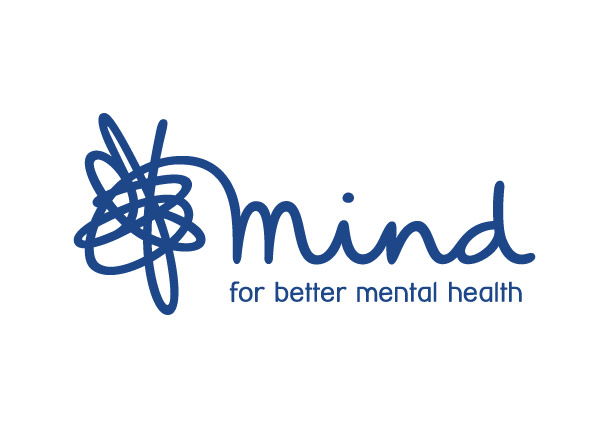By Amanda Lansbury
With world mental health day this past Monday 10th October, our Equality Diversity and Inclusion Officer Amanda, shines a spotlight on some valuable information & details from the mind charity to highlight.
LGBTIQ+ mental health
With many identifying as LGBTIQ+ (Meaning lesbian, gay, bisexual, trans, intersex, non-binary, queer or questioning). or also defining their gender and sexuality in other ways. (Stonewall’s glossary lists many more terms). The link with mental health has been in the spotlight this past week.
Anyone can experience a mental health problem, but those of us who identify as LGBTIQ+ may be more likely to develop difficulties with the below (links to the mind website for more information):
- low self-esteem
- depression
- anxiety
- social anxiety
- eating problems
- misusing drugs and alcohol
- self-harm
- suicidal feelings
- other mental health problems.
Just because someone may identify as LGBTIQ+ does not mean this will cause these difficulties, and there may be many complex factors that can affect any individual. This can be compounded though by having to face things like those outlined below, which can have a significant impact:
- homophobia, biphobia and transphobia
- stigma and discrimination
- difficult experiences of coming out
- social isolation, exclusion and rejection.
It’s important to remember that there can be a positive effect for someone embracing their LGBTIQ+ identity too, helping to support their overall wellbeing. It may mean having:
- increased confidence
- improved relationships with your friends and family
- a sense of community and belonging
- the freedom of self-expression and self-acceptance
- increased resilience.
For those who would like more support or information, mind’s infoline provides details and signposting service. They are open 9am to 6pm, Monday to Friday (except for bank holidays). They also have email & post services available too.
Infoline: 0300 123 3393
Email: info@mind.org.uk
Post: Mind Infoline, PO Box 75225, London, E15 9FS
Some of mind’s services you can ask them about are;
- mental health problems
- where to get help near you
- treatment options
- advocacy services.



